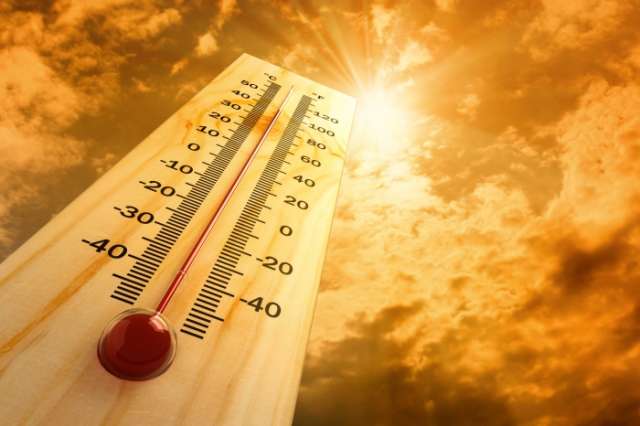"Low [air] temperatures indeed increase the virus’s survivability: the optimal temperature for the virus is 4-8 degrees [Celsius]. When air temperature increases, the virus becomes less stable, but not by orders of magnitude. However, the virus most often transmits via air (talking, sneezing, coughing or just breathing), handshake and contact with recently contaminated surfaces. This is too fast for the virus to decompose even in summer temperatures," Rizvanov said.
The scientist added that when it is hot people tend to go out and contact each other more often. "This might become an additional risk factor," he concluded.
To date, a total of 242,271 coronavirus cases have been confirmed in Russia, with 48,003 patients having recovered from the virus. Russia’s latest data indicates 2,212 fatalities nationwide. Earlier, the Russian government set up an Internet hotline to keep the public updated on the coronavirus situation.
TASS
More about: #COVID-19
















































